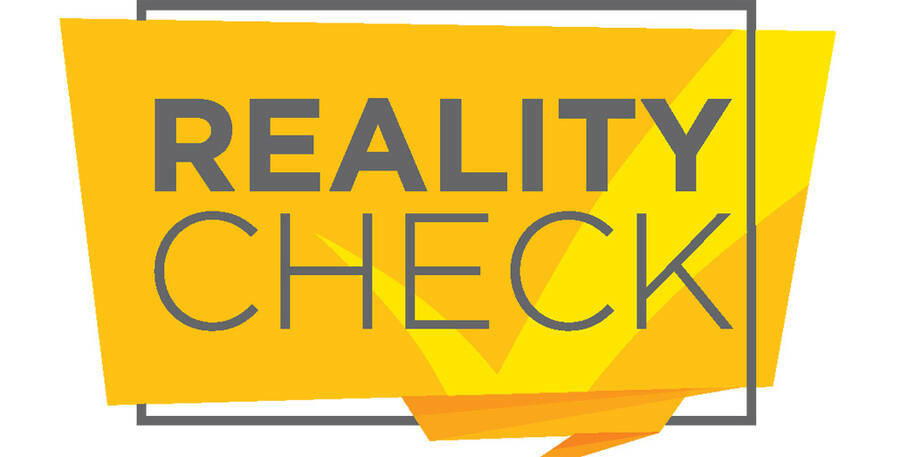
2023-03-01
Our most basic needs
Are there more incidents of unhappiness now than ever before?
The pandemic and the changes that accompanied it can certainly give that impression. There are plenty of stories. Some about celebrities or strangers will appear in the media. But you may also be aware of unhappiness that involves people you know; unhappiness that hits closer to home.
Although I'm saying "unhappiness," I'm thinking of a wide range of miseries. So many people, particularly young people, are fearful, sad, isolated, angry, and without hope.
This can't be good. We need a level of satisfaction, even happiness, if we are to live purposeful, productive lives. Is the route to satisfaction a hidden path, only to be found by a lucky few who are especially privileged, or intelligent, or disciplined, or have some other magical quality? Or can anyone create a satisfying life for themselves?
Are other people in control of whether you can have a satisfying life? Or can you be in charge of your own satisfaction; your own happiness? What do you think?
I don't have perfect answers to offer to you. However, Dr. Glasser's choice theory does present some helpful ways to look at questions such as how to live a satisfying life. They may not be perfect solutions, but if they can help someone reduce their level of misery, and maybe even replace it with a sense of control and purpose, then an imperfect solution is far better than no solution at all.
One of the basic ideas of choice theory is that each of us has the same set of five basic needs. If we don't satisfy those needs to the degree that we want, we feel out of balance. We are dissatisfied. That creates a kind of "pain" for us, which could be a physical pain, or it could be a sense of misery, anger, anxiety, sadness, etc.
We act to try to relieve that pain. Some of our actions are effective; that is, they lead us to a more satisfying situation and our pain/misery decreases. Other actions are not so effective. Still others, as you may well know, end up making things worse in the long run, even when done with the best of intentions.
Being aware that we need to satisfy these five basic needs isn't a magic solution to every miserable aspect of our lives. However, if we know that an unsatisfied need could be contributing to our misery, then at least we have a chance of taking action to act on the problem. That, in itself, gives us an improved sense of control.
It's one thing to say, "I have no idea why I feel so miserable, anxious, or depressed" versus "I understand that I am feeling miserable because I have a specific need that is not being satisfied."
When we recognize that we have an unsatisfied need, then a reasonable next question is, "What can I do to satisfy that need? What action can I take that will help me feel better, to have more effective control of my life?"
The five basic needs that Glasser specifies are security, survival, love, belonging, power, freedom and fun. We'll look at each one individually in upcoming weeks. My hope is that this may offer even a tiny bit of hope to anyone who is feeling that hope is for other people. It's not. Hope can belong to you, too.
Are you hopeful? Let me know at choices@focusonclarity.com or by mail c/o Progress Bulletin.
To your choices! ~ Susanne ~
Susanne Beck, RTC is Reality Therapy Certified by the William Glasser Institute






